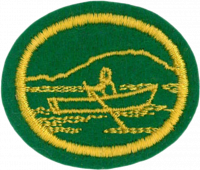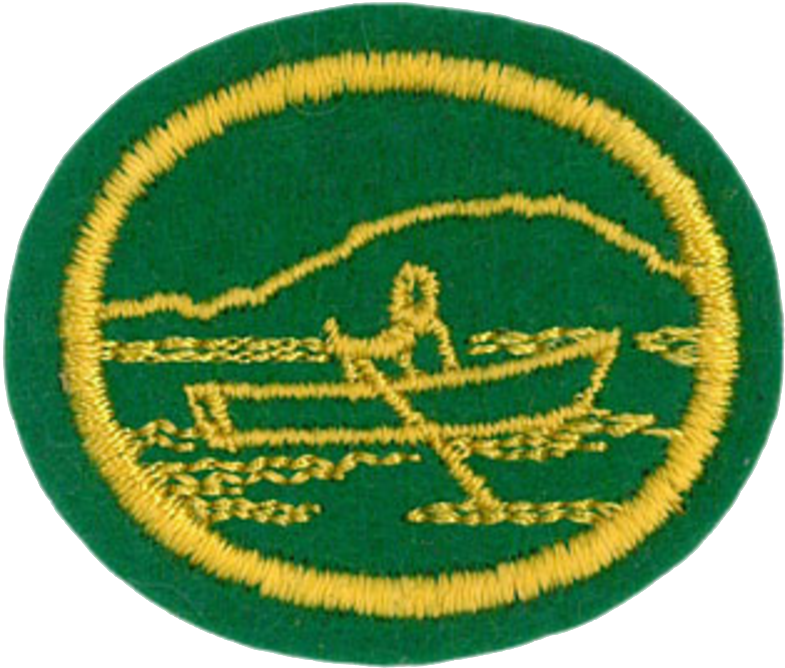Difference between revisions of "AY Honors/Rowing/Requirements/en"
(Updating to match new version of source page) |
(Updating to match new version of source page) |
||
| Line 56: | Line 56: | ||
<noinclude></noinclude><section end=req12 /></b> | <noinclude></noinclude><section end=req12 /></b> | ||
<section end=Body /> | <section end=Body /> | ||
| − | |||
| − | |||
| − | |||
| − | |||
Latest revision as of 20:36, 21 July 2022
1. Have the Intermediate Swimming honor.
2. With your instructor or counselor in stern, and without assistance, row properly the following:
- a. A quarter of a mile on a straight course, stop, make a pivot turn, and return to the starting point.
- b. Back water in a straight line 200 yards (182.9 meters). Make a turn under way, still backing water, and return to the starting point. (Feather after each stroke. Pin rowlocks must not be used.)
3. Demonstrate the following:
- a. Properly launch and land a rowboat from and to shore.
- b. Safely assist a person to and from a rowboat alongside a pier.
- c. Tie a rowboat to a pier using each of the following:
4. Alone, or with the assistance of a person who is a swimmer, swamp rowboat, turn it right side up, get in, and with your hands or an oar, paddle it for 30 feet (9.1 meters). Tell why you should hang onto or get into a swamped rowboat.
5. Shove off from shore or pier alone in a rowboat, approach a swimmer, and maneuver so that the swimmer can be safely towed ashore.
6. Identify and describe a dory, dory skiff, dinghy, punt, and pram.
7. Identify and describe a tholepin rowlock, box rowlock, ring rowlock, and open top rowlock. Tell why pin-type rowlocks are not recommended.
8. What is the advantage of feathering oars while rowing?
9. How would you handle a rowboat in a sudden storm or high wind?
10. How would you calculate the weight that can be safely carried under normal conditions in any given boat under oars?
11. What lights are required on a rowboat at night, both with and without outboard motor?
12. Know how to properly fit out a rowboat, and maintain and care for it during the boating season. Know how to prepare and store the rowboat when not in use.


